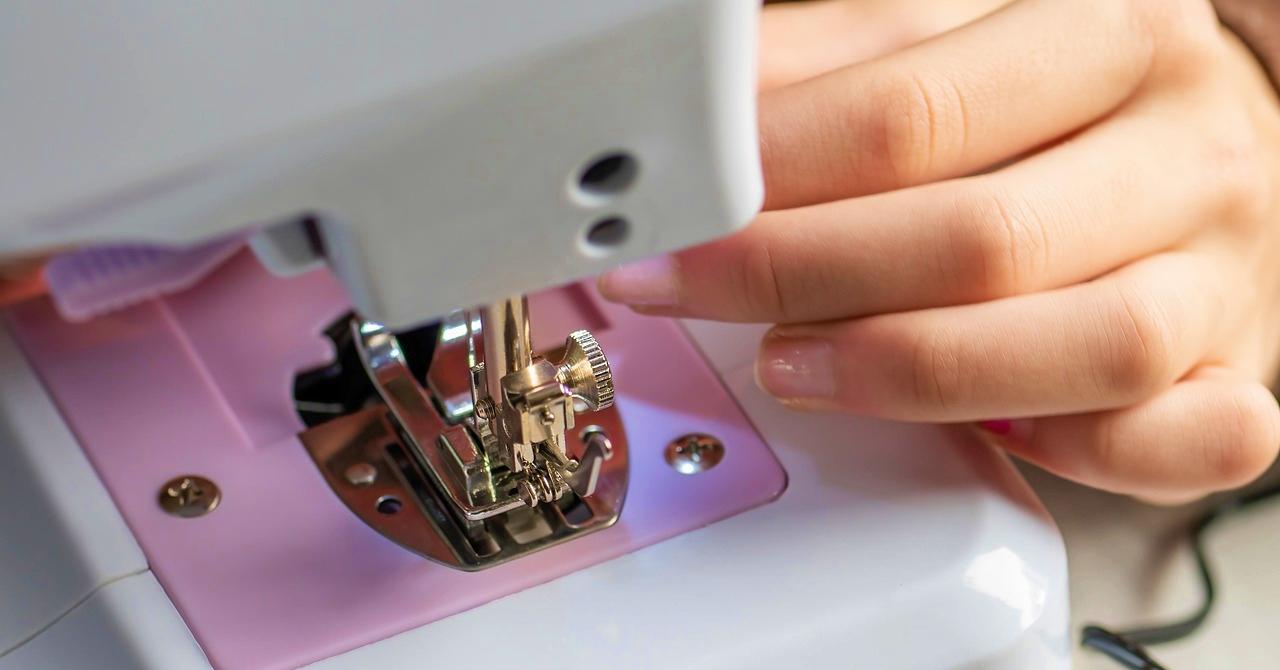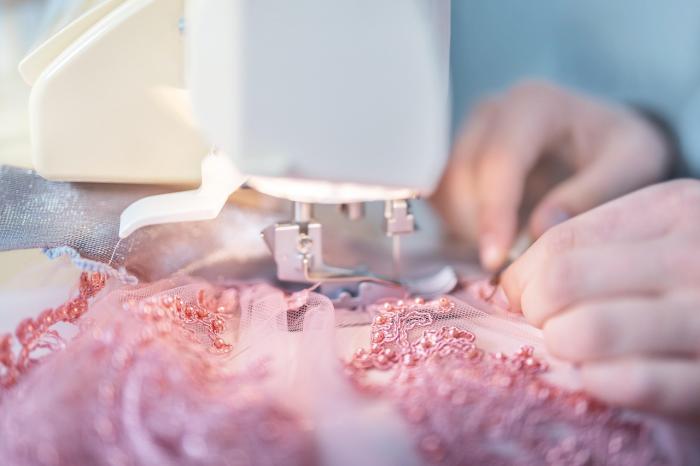Taiwan is known for its globally competitive manufacturing sector, creating a wide range of products that are shipped all over the world. In particularly, the country is famous for electronics, food products, and many other item, including textiles or garments.
Indeed, the textile industry plays an important roles in the economy of Taiwan. As of 2015, the industry has employed around 140,000 people, including foreign workers from the Philippines and other countries. And just as we explored the different types of jobs in Taiwanese factories in a previous post, this article shall focus on the variety of jobs available in the country’s garments factories.

Different Types of Jobs in a Garments Factory
Generally, the garments industry is focused on designing, producing, and distributing yarn, textiles, and clothing. It makes use of natural as well as synthetic materials to produce cotton, nylon, polyester, and blended fabrics. In turn, these fabrics are made into fashion wear, home textiles, sportswear, and other types of apparel.
To come up with high quality garments, textile companies hire different types of workers. Here are some of the most common types of jobs in their factories, along with job descriptions, estimate salaries, and qualifications. We have also included the requirements and procedures that are usually involved in the hiring process.
Sewer
The sewer or “mananahi” is responsible for putting together, adjusting, or repairing clothes. Most Taiwanese factories usually hire applicants with previous sewing experience. They must be skilled in hand-sewing as well as using sewing machines. Moreover, knowing how to operate computer embroidery is a huge plus.
Based on our research, sewers in garments factories typically earn TWD 23,800 a month (plus overtime). Most companies prefer to hire female sewers, whose ages are between 25 to 35 years old.
Undergarments Sewer
Textile factories produce a wide variety of clothing and apparel, and one of the most common type is undergarments (e.g. brassieres, panties, corsets, etc.). Typically, the salary of an undergarments sewer is around TWD 27,470 per month.
Most undergarments factories tend to hire sewers who are: between 20 to 40 years old; graduate of high school, vocational, or college level; and has experience sewing undergarments. Additionally, some factories have a height requirement, hiring only those who are 150 centimeters high or above.
Garments Pattern Maker
The garments pattern maker plays a crucial role in producing clothing, since the patterns they make serve as the templates or “blueprints” for creating various apparel. Based on our research, garments pattern makers in Taiwan typically earn around TWD 35,000 a month, plus overtime.
The responsibilities of a garments pattern maker usually include:
- Developing patterns based on technical drawings or design sketches;
- Drafting, cutting, and adjusting patterns to ensure correct shape, fit, and sizing;
- Working with designers and production teams in creating patterns and making the necessary adjustments; and
- Making sure that patterns meet quality standards, are cost-efficient, and ready for production.
As for qualifications, companies usually hire female pattern makers who are not more than 45 years old, with at least five (5) years experience in the garments manufacturing industry. They should be knowledgeable in pattern making (both manual and computer-based), and skilled in general computer operations, as well.
Machine Operators
Also known as “production operators,” “machine operators” also play a major in garments factories. As the term implies, they operate the different machines or equipment used in manufacturing textiles. These machines may involve yarn spinning, twisting, weaving, dying, embroidery, printing, and finishing.
Together with the sewers, pattern makers, and other workers, machine operators are part of the garments manufacturing process, creating textiles and apparel that will be exported worldwide. Generally, the basic salary of machine operators in garment factories is around TWD 28,590 per month, plus overtime.
Production Workers
Of course, aside from sewers and pattern makers, there are general production workers in garments factories. Typically, they are assigned to various tasks, such as moving materials, folding garments, packing finished textiles, and other activities. Production workers in these factories usually earn around TWD 27,470 per month, plus overtime pay.
When hiring production factories, most textile companies hire applicants who are 25 to 35 years old, at least high school graduate, and preferably with experience in sewing, dyeing, knitting, and packaging garments.
Additionally, some employers have very specific physical qualifications for production workers. They prefer applicants who are at least 165 centimeters in height, are right handed, do not have sweaty hands, do not smoke, and have no tattoos.
Other Jobs in Garments Factories
Other than sewers, pattern makers, machine operators, and production workers, there are other jobs in garments factories that are very important, too.
First, there are quality control (QC) supervisors and inspectors. They routinely check the garments at different stages of production, making sure that these meet specifications and quality standards.
Secondly, there are managers. The production manager is in charge of the overall production process, from designing to sewing to packaging of finished garments. Meanwhile, the factory manager is the person in charge of overseeing the entire daily operations.
Finally, there are support staff assigned to perform various tasks throughout the production process. These include: maintenance staff, who regularly check and repair factory equipment; warehouse staff, who manage the storage of raw materials as well as finished garments; and merchandisers, who manage orders and serve as the communication link between the factory and its clients.
Requirements and Procedure
The application requirements may vary slightly depending on the particular job, the hiring company, and agency involved, although here are some basic requirements that must be prepared:
- Valid Passport;
- Latest 2×2 Photo on White Background;
- School Diploma or Transcript of Records (TOR);
- Pre-Employment Orientation Seminar (PEOS) Certificate;
- Department of Migrant Workers (DMW) E- Registration;
- Government-issued IDs such as UMID or SSS Certification, TIN ID or TIN Number, Pag-IBIG Number, Voter’s ID or Voter’s Certification, National ID or PhilSys ID;
- NBI Clearance; and
- Certificate of Employment (for past jobs).
In addition, some employers or recruitment agencies may require the following documents, too:
- Birth Certificate issued by the Philippine Statistics Authority (PSA);
- Marriage Certificate issued by the PSA (if married); and
- Sample Designs (for garments pattern makers).
NOTE: To avoid any problems, make sure that all the information in your documents, including changes to name and civil status, are updated and correct, before you submit your application.
To apply for a job with garments factories, you can start by contacting a recruitment agency in the Philippines. You can submit your documents to them personally at their office, or submit them online via email or through the agency’s official website.
Notably, don’t forget to check and make sure that you are dealing with a legitimate and DMW-accredited recruitment agency. The last thing you want is to get scammed!

As you can see, there are several jobs in garments factories that may be applied for by foreign workers. If you are an experienced sewer, pattern maker, production worker, or machine operator, consider applying for a job with a garments factory in Taiwan!
Meanwhile, food factories are also booming in Taiwan. Check out this list of food manufacturing companies in the country that usually hire foreign workers, including OFWs.
